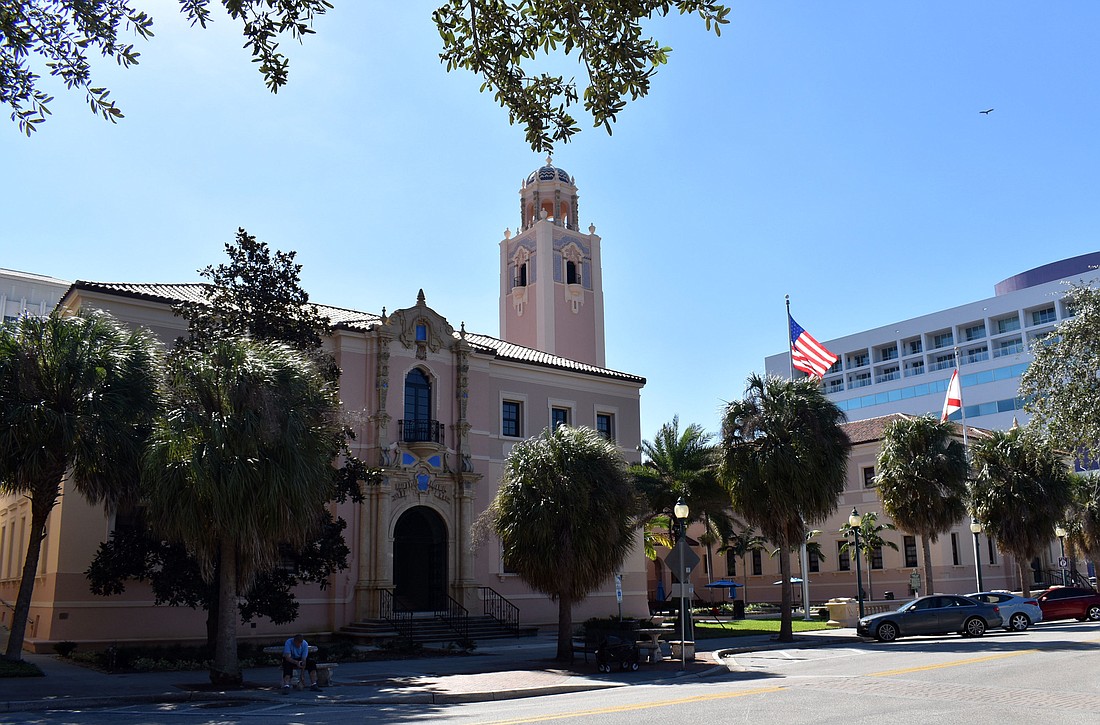- December 13, 2025
-
-
Loading

Loading

When COVID-19 began, many county offices switched to online-only services. The courts, however, did not have that luxury.
After a year of finding new ways to continue court proceedings, the courts and clerk offices are slowly starting to resume services as normal.
Around 1,000 people visit the court buildings in any given week, so in an effort to reduce the number of people visiting the building, the clerk and courts provided as many electronic solutions as possible throughout the pandemic.
This meant that documents that typically were mailed or hand-delivered to the courts were presented electronically.
Court hearings, too, were affected by the pandemic. Donna Rhodes, the public information officer for the 12th Judicial Circuit Court, said court proceedings were held via Zoom or in-person with restrictions over the past year.
“Everybody has a constitutional right to, once they’re arrested, come before the courts,” Rhodes said. “So we never shut down because we needed to offer that.”
In June 2020, the court buildings were opened for limited hearings for criminal arraignments, shelter hearings, termination of parental rights hearings and any case that dealt with possible jail sentence or the loss of some constitutional right, Rhodes said.
Those who appeared in person were subject to temperature checks, mask requirements, socially distanced courtrooms and limited participation.
Civil trials were held through Zoom as often as possible, but Karen Rushing, Clerk of Circuit Court and County Comptroller, said there still is a backlog of civil cases because criminal cases took precedence.
However, she said it was important for the courts to find a way to continue offering services to people because they often affect important life aspects.
“We’re serving folks that need restraining orders against domestic violence or those who may need a passport to attend a funeral overseas,” she said. “We had to process guardianships, incapacities, so there’s a lot of activity that goes on that continues beyond the pandemic.”
Rushing said court staff is now identifying which cases take top priority and which can still wait as it works through the backlog.
The court and clerk functions have now returned almost to normal. Juries are being brought in, though the jurors are spaced farther apart than they once were.
The department will continue to accept most documents electronically. Rhodes said the courts are considering utilizing Zoom even when the pandemic ends because it is convenient for a lot of people.
“We learned it was easier for a lot of people because they didn’t have to find a ride or parking or ask for time off work,” Rhodes said. “So we think some of the remote proceedings will stay.”
Rushing, who sits on a few statewide committees, said there is potential for certain courts to use video conferencing tools in the future, but it won’t be appropriate for all proceedings.
“Zoom works well for meetings, but if you’re an attorney and you’re in the middle of what you may think is a very important point and all the sudden your technology stops working, that’s not good for anyone,” Rushing said.